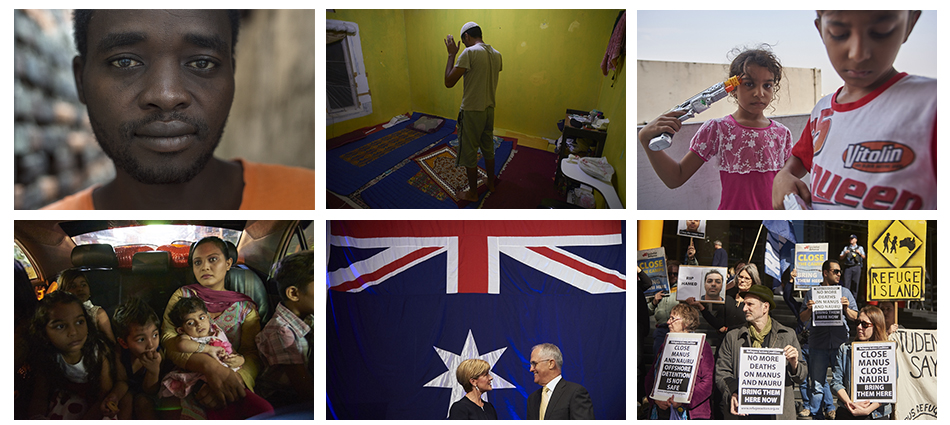Aaron Bunch Journalist with Australian Associated Press | Collection of published work | + 61 484 008 119 | abunch@aap.com.au

NT killer cop had above-normal aggression
An inquest for the Indigenous teen shot dead by an NT policeman has heard the officer was banned from the Queensland police for 10 years over a violence fine.
October 18, 2022
A Northern Territory policeman who shot dead an Indigenous teenager during a botched arrest was banned from applying to join the Queensland Police Force for a decade.
Constable Zachary Rolfe was also found to have above-normal aggression levels during police recruiting, a written decision rejecting the officer’s objections to proposed evidence at an Alice Springs inquest into the death revealed.
Kumanjayi Walker, 19, died on November 9, 2019 after Const Rolfe shot him three times inside his grandmother’s home at Yuendumu, a remote Aboriginal community northwest of Alice Springs.
About three years earlier, Const Rolfe applied to join the Queensland police but he was rejected and banned from reapplying for 10 years for failing to disclose he’d been fined for being a “public nuisance” and “violent behaviour” on his written application.
Coroner Elisabeth Armitage also revealed in her judgement published on Tuesday that Const Rolfe failed to disclose he’d pleaded guilty to stealing while he was a soldier in the Australian Defence Force in 2012 when he applied to the NT Police Force.
“Const Rolfe had been the subject of an internal military investigation as a result of which he had pleaded guilty, at a military trial, to a charge of theft,” she said.
Const Rolfe undertook psychological testing with the Australian Institute of Forensic Psychologists before his recruitment into the NT police.
“Although he was otherwise found to be an ‘excellent’ candidate, the resulting report found that: ‘After making a mistake, Zachary is less likely than many others to accept responsibility’,” Ms Armitage said.
The psych test results said Const Rolfe “may brush off the significance of the error, seek to minimise his own role or to blame others”.
Testing also revealed an above-average aggression score.
“Whether Zachary will act with firm assertiveness or frank aggression cannot be determined from this scale alone,” the institute results said.
Ms Armitage said the report also highlighted “friction” between Const Rolfe and his father, Richard Rolfe.
The institute said such patterns were “frequently found to be associated with later resentment of authority figures in highly structured organisations in which employees are expected to comply with strict procedures”.
“In the present case, other data confirm this could be a problem.”
Const Rolfe also objected to evidence showing the NT police allegedly gave up trying to access ADF information about him “because there were delays and obstacles”.
“That ADF history would have disclosed Const Rolfe’s conviction for an offence of dishonesty,” Ms Armitage said.
Cost Rolfe also failed to block evidence about his use of force on the job and whether the evidence at his criminal trial for Mr Walker’s murder was contaminated before a jury found him not guilty in March.
The inquest will also probe the NT police drug and alcohol testing policy and whether there is systematic racism in the force.
It will also consider evidence about Const Rolfe’s prescribed medication and whether he used recreational drugs.
Psychiatrist Alexander McFarlane’s evidence is that Const Rolfe’s medication was “likely to have impacted on his capacity for behavioural inhibition to threat”.
All told, Ms Armitage ruled all the evidence from eight categories that Const Rolfe had objected to through his legal team would be included in the inquest.
“Const Rolfe submits that there is ‘no logical connection’ between this material and my assessment of the issues that arise out of the death of Kumanjayi Walker,” she said.
“I disagree.”
Ms Armitage said the evidence would assist her in a number of ways, including assessing Const Rolfe’s credibility and the reliability of his evidence.
“The impugned evidence may (also) raise questions about the adequacy of the ongoing supervision and assessment Const Rolfe received after he commenced as police officer,” she said.
“In particular, his supervision and assessment in or around 9 November 2019, including the assessment that he was suitable for deployment to Yuendumu.”